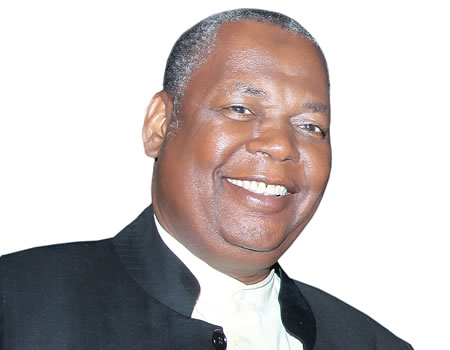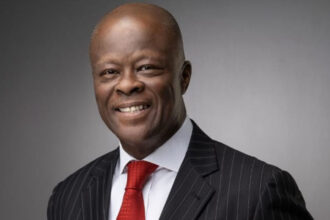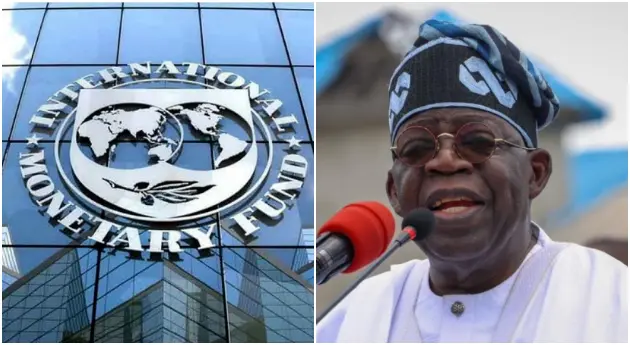Nigeria Deposit Insurance Corporation (NDIC) says that total assets of non-interest banks and windows have grown from ₦66.96 billion in 2015 to ₦186.46 billion as of June 30, 2019.
Managing Director of the Corporation, Mr Umaru Ibrahim who made this known in Abuja on Thursday at the Sustainable Islamic Finance Conference quoted an Islamic Financial Services Board (IFSB) 2019 Stability Report said, “emerging risks facing Islamic banks now, and beyond 2019, appear to stem from underlying structural economic weaknesses, inflationary trends and depreciating currencies- all the developments that could potentially destabilise liquidity, raise non performing financing and erode capital.
“Foreign currency risks also remain a significant concern for regulators and Islamic banks alike. Equally, there exist structural challenges around Liquidity management and legal accommodation in terms of existence and mechanisms for dispute resolution.”
According to him, since the introduction of non-interest banking in 2012, the country had witnessed the establishment of JAIZ Bank, Windows of Stanbic IBTC and Sterling and Islamic Micro-finance banks.
“Whilst we express our regret on the closure of Stanbic IBTC Islamic banking window, we welcome the establishment of TAJ bank and hope more of such will follow.”
However, the share of total assets of non-interest banking segment against total assets of the banking industry stood at a paltry 0.49% as of June 30, 2019.
“Similarly, total deposits were reported at ₦121.68 billion, or 0.53% of the industry total during the same period.
“Total financing stood at ₦59.81 billion, 0.38% of the industry total as at the end of quarter, June 30, 2019”, adding “the impact of such performance is clearly insignificant.”
Umaru disclosed that access to financial services in Nigeria in 2018 showed that 36.6 million adults representing 36.8 per cent of 99.6 million adult -population in Nigeria were financially excluded.
Of particular concern he noted was that 62 per cent of the 23 million adults in the North West and 55 per cent of 12 million adults in the North East are financially excluded.
“Based on the aforementioned scenario and the prospects therein, we wish to seize this opportunity to call on investors to invest in the establishment of non-interest deposit money banks and non-interest m microfinance banks to take care of this underserved segment of the population.
“This Conference further seeks to unearth factors militating against the seamless operations of the Non-Interest banking sector in Nigeria in order to enable it effectively discharge its responsibilities which include, wealth creation, poverty reduction and job creation.”
Managing Director of Jaiz Bank, Mr Hassan Usman who spoke on the sidelines of the conference urged regulators to define a clear path of growth for the non-interest banking.
“Islamic finance in Nigeria started in 2012 in terms of banking and there were expectations in terms of infrastructure and enabling environment. That has not seen proper traction and I suspect that might some of the challenges discouraging investors in this sub-sector.
“Until 2017, there were no instruments at all for Islamic banks to invest or manage their liquidity. The tax We have this number but I tried it and it’s not going through. is also not very clear.”
He said Islamic banking provides options of contract that are not interest-based and are ethical in nature and that leads to partnering. What we try to do is commit to providing financial services to our customers in a way that will engender win-win situations. We trade, we partner and we provide financial support generally.







